The VW Group has set aside billions of euros to pay for its 'dieselgate' scandal but with financial analysts at JP Morgan predicting that the final bill in a worst-case scenario could be 40 billion euros, it’s little surprise that new CEO Matthias Müller has already predicted some cuts.
If that figure is proven correct, it would have the potential to blow a hole right through the VW Group’s investment plan through to 2020; it is, after all, enough to fund the design, engineering, development, launch and marketing of more than 20 new models.
Where, though, will the VW Group turn to make savings? Let’s assume that its core product line-ups will survive; the scandal is unlikely to delay the Mk8 Golf or Mk6 Polo, because if anything, VW needs to focus on the bread-and-butter everyday cars that made the brand so successful in the first place. Its commitment to the hideously expensive process of adapting factories to the efficient MQB platform technology has to remain firm.
It’s also hard to imagine VW pulling the plug on its American effort. Its days as a diesel pioneer there are long gone (its US website no longer features a single diesel model) but expect it to push ahead with local production and models aimed at American buyers, such as the CrossBlue large SUV.
Still, there are several areas where development and spending could be slowed, reduced, postponed, or even cut altogether. Here are some likely candidates:
Budget brand: Pet projects of key executives are always easy meat when it comes to cutbacks - and the VW Group’s much-discussed budget brand is a perfect example of this. It was born out of the belief of Martin Winterkorn, Ulrich Hackenberg and Heinz-Jakob Neusser that VW could do a better job of building a budget platform than Suzuki. However, every time the bean-counters ran the numbers on what the engineers were proposing as an alternative to the Maruti architecture that the Japanese company could offer, they said it couldn’t stack up.
That’s fundamentally still the case. Even if there’s still the appetite amongst VW’s Supervisory Board for yet another brand in the portfolio - and that’s a huge if - the Group may well decide that now is not the time to take a risk on a project with wafer-thin profit margins. Perhaps, they may reason, it makes more sense to focus on making money from the second generation of the Up, Mii and Citigo city cars - a project that is widely judged to have been a financial failure to date.
Next-generation Phaeton: Put aside for one moment the fact that the first Phaeton - the pet project of Ferdinand Piech - has been in red ink on the VW budget sheet for pretty much all of its 12 years (only saved in recent times by sales in China). And let’s not quibble over the fact that the next one would probably do the same, even though it’s due to be based on the more cost-effective MLB platform.
No, the real reason why Volkswagen won’t want to launch a new luxury saloon any time soon is that right now, it desperately needs to get back to its roots and appear humble again. The VW badge has always struggled to justify its place on a £60,000 saloon - and that awkwardness has been compounded by the dieselgate crisis. We’d expect this one to be postponed indefinitely - or even shelved altogether.
Bugatti: The idea of having €1m-plus hypercar brand in your line-up when you’re desperate to appear humble in the eye of the wider public is an awkward one - and it’s no surprise, therefore, that the future of Bugatti has already been called into question in the German media. In a way, it’s a wonder that it’s taken so long; respected industry analysts at Bernstein Research once suggested that the VW Group lost around £4m on every Bugatti Veyron sold.

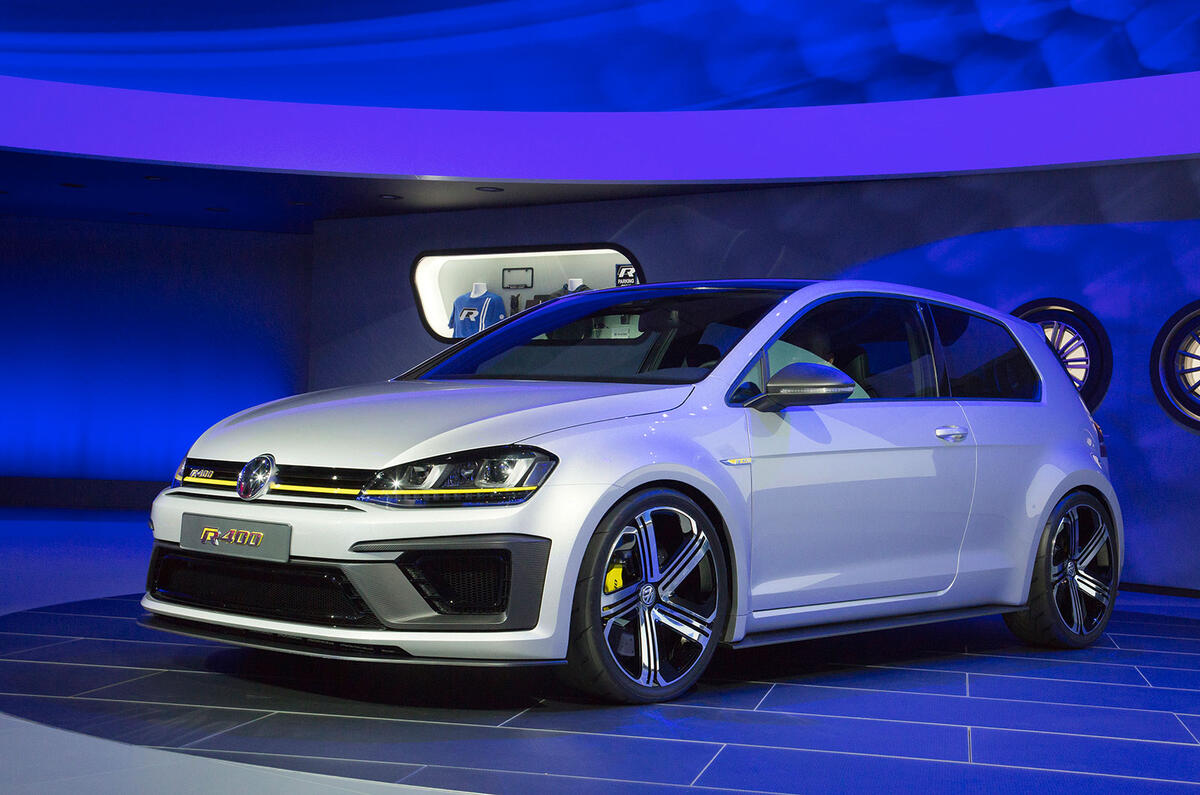
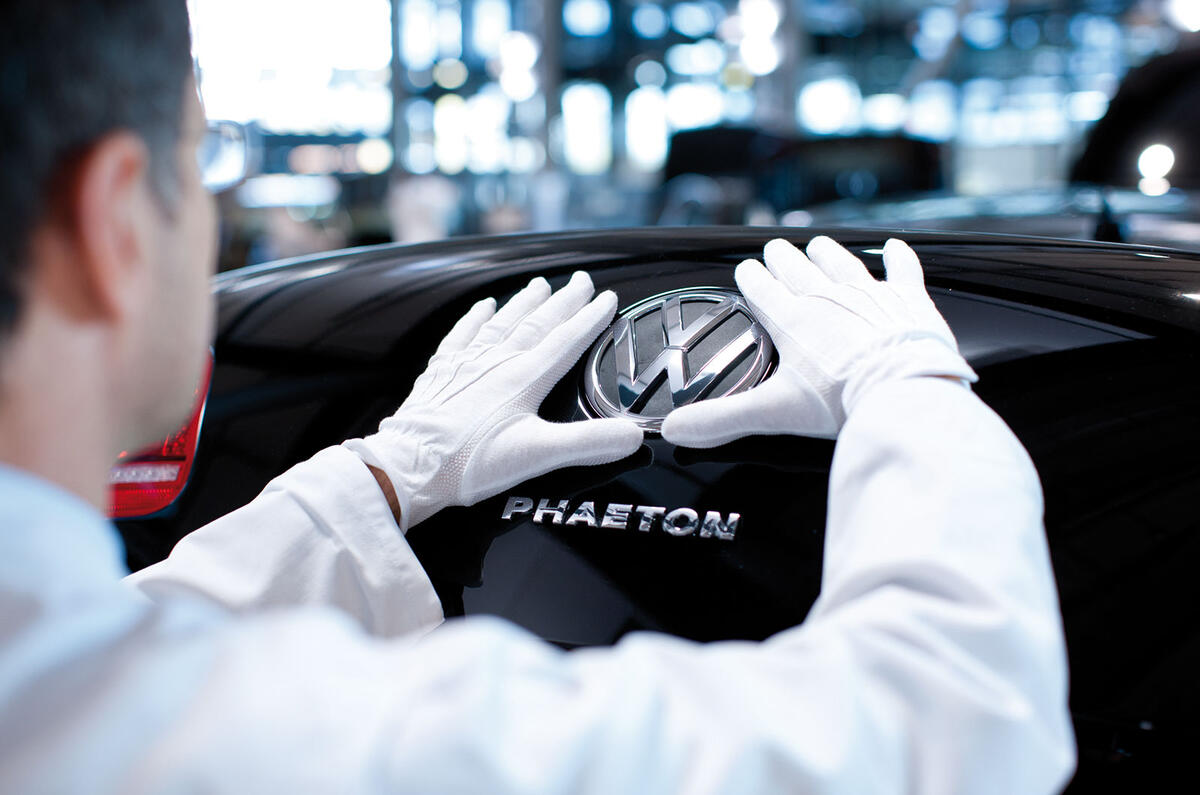
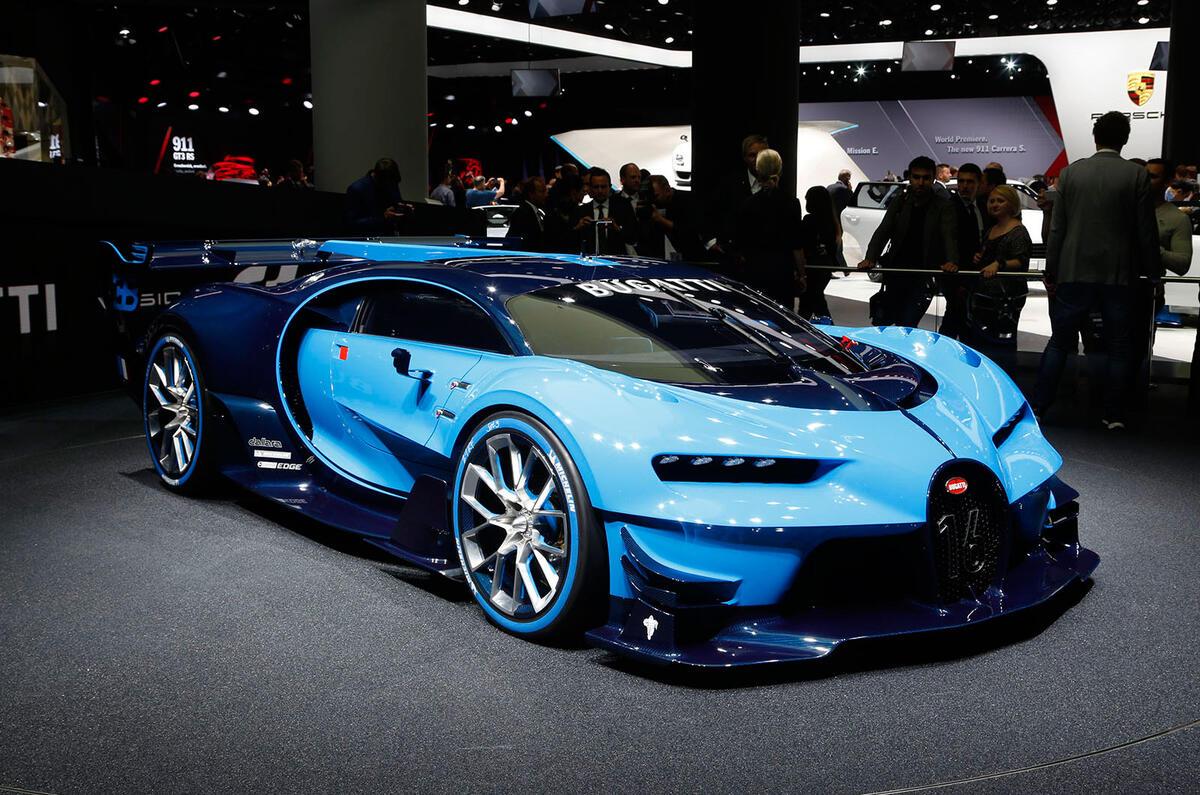
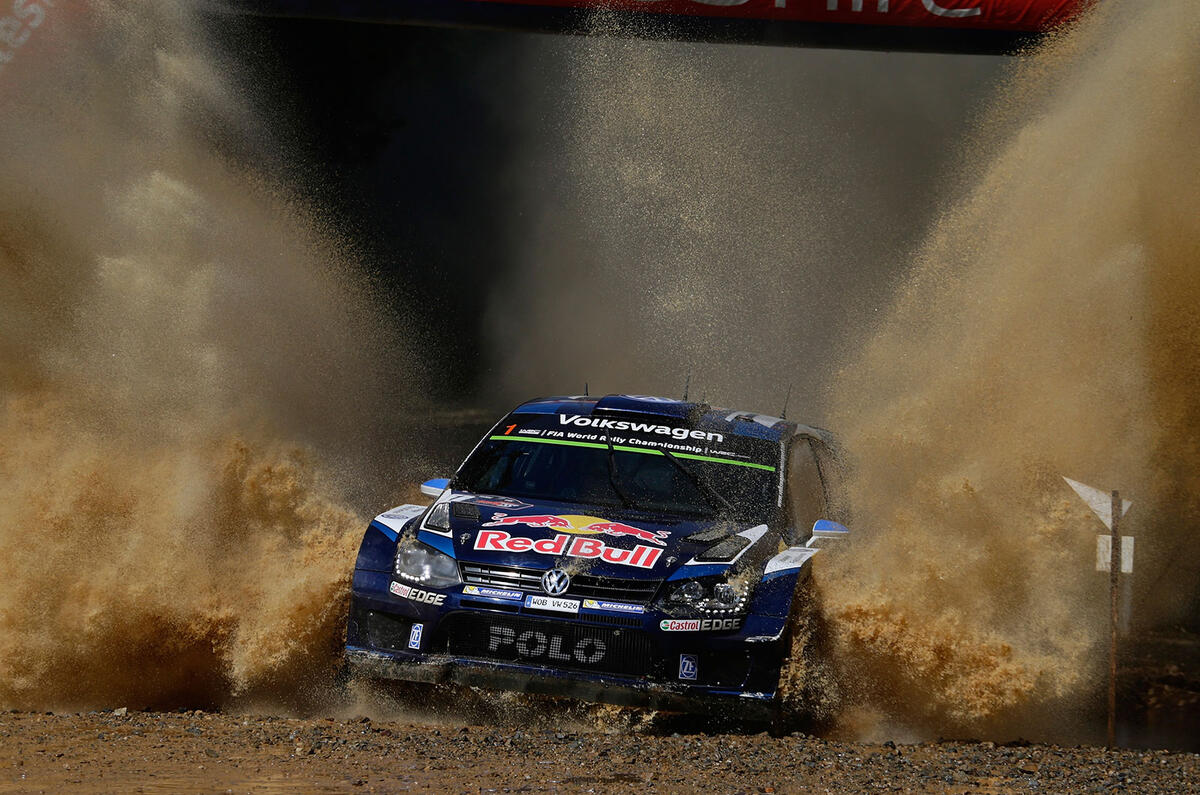
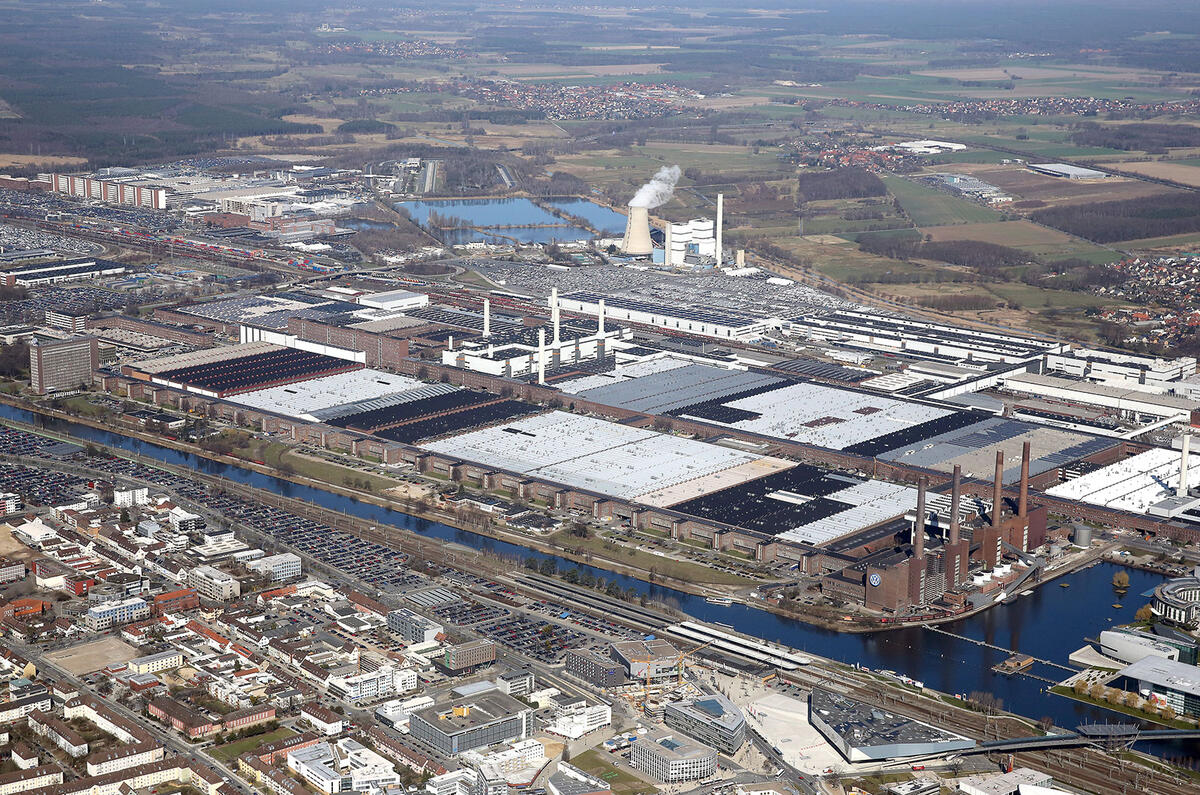

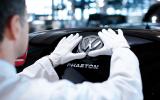





Join the debate
Add your comment
The only logical divisions to sell
So selling Seat or Skoda would make no sense, who would want to but Seat when you'd have to replace every model without the shared VW parts and platform?
Bugatti is a vanity project, that makes losses, but also needs access to VW group technology, so again would be worth little.
That leaves the Ducatti and MAN/Scania truck divisions...
Wow 10k at Audi
Offload brands
Slimming back the ranges - yes I agree that would make more sense
Selling Bugatti and Ducati seem like the best options. Even Lamborghini shares a platform with Audi.